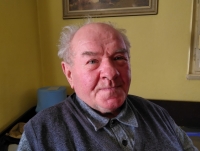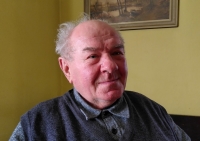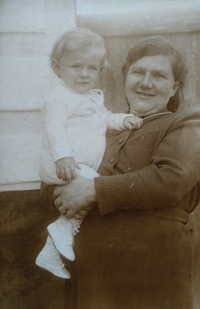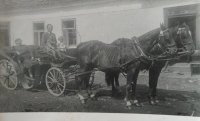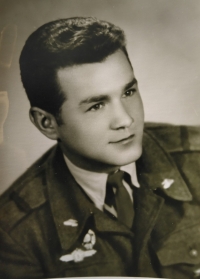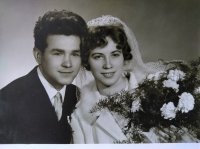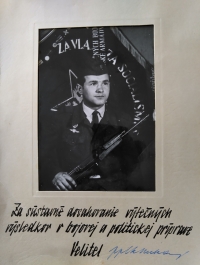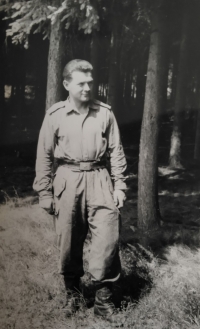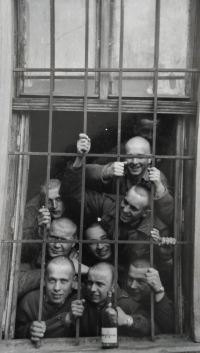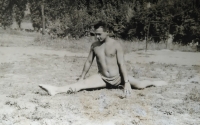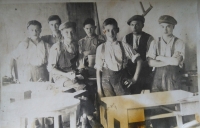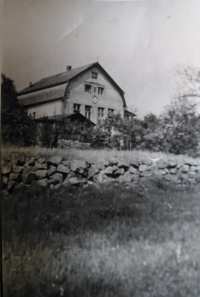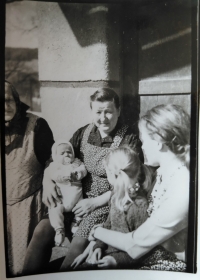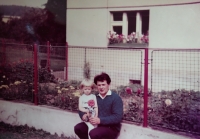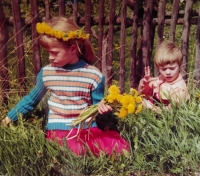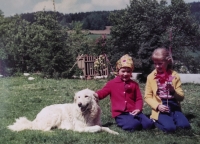The relationship to the landscape that a person develops since childhood is missing here after forty years of communism

Download image
Jan Hanzlík was born on 30 July 1944 in Smolotely as the second of four sons. His parents owned a farm in Smolotely where they successfully farmed since 1936. He remembers how they played as little boys in the neighbourhood of Milín with military ammunition which had been left there after the combats at the end of the war and how charred military vehicles were standing along the road. When Jan´s father Karel Hanzlík repeatedly refused to join the united agricultural cooperative, local communist officials started to take interest in their family. His father was sentenced for not fulfilling contributions, first at Christmas in 1952 and then during the harvest time in 1953, always for only several weeks. They took him to pre-trial detention in Příbram in September 1954 and in November 1954 he was sentenced to five years in prison for sabotage; The Court of Appeal in Prague reduced the sentence to one year. He spent the year in Jáchymov and he was granted amnesty in May 1955. The family was evicted to Žebrákov near Zduchovice from where they moved again after five years, this time to Krásná Hora nad Vltavou due to the filling of the Kamýk dam. The witness was not allowed to study at secondary school. He worked in agriculture and he graduated from a vocational school in Hluboš and Štěbroholy. After his military service in Jihlava, he graduated from a secondary school in Mladá Boleslav as an extramural student. He got married in 1966 and had two daughters. He saw a signing book The Two Thousand Words in Na Můstku street in Prague. He witnessed the Warsaw Pact troops occupation in August 1968 when the soldiers were staying in the meadows surrounding Jelence near Příbram. He could go on a sightseeing trip to the Soviet Union in the 1970s. In 1989 he was touched by the revolutionary events, and his daughters went to Prague for demonstrations. In 1990, he and his brothers asked for the farm in Smolotely to be returned, they only succeeded after four years. They farmed the land shortly but finally sold the farm. During the time of recording in 2022, Jan Hanzlík lived in Krašovice near Krásná Hora nad Vltavou and his biggest hobby and occupation was bee-keeping. He has about 150 bee colonies.
